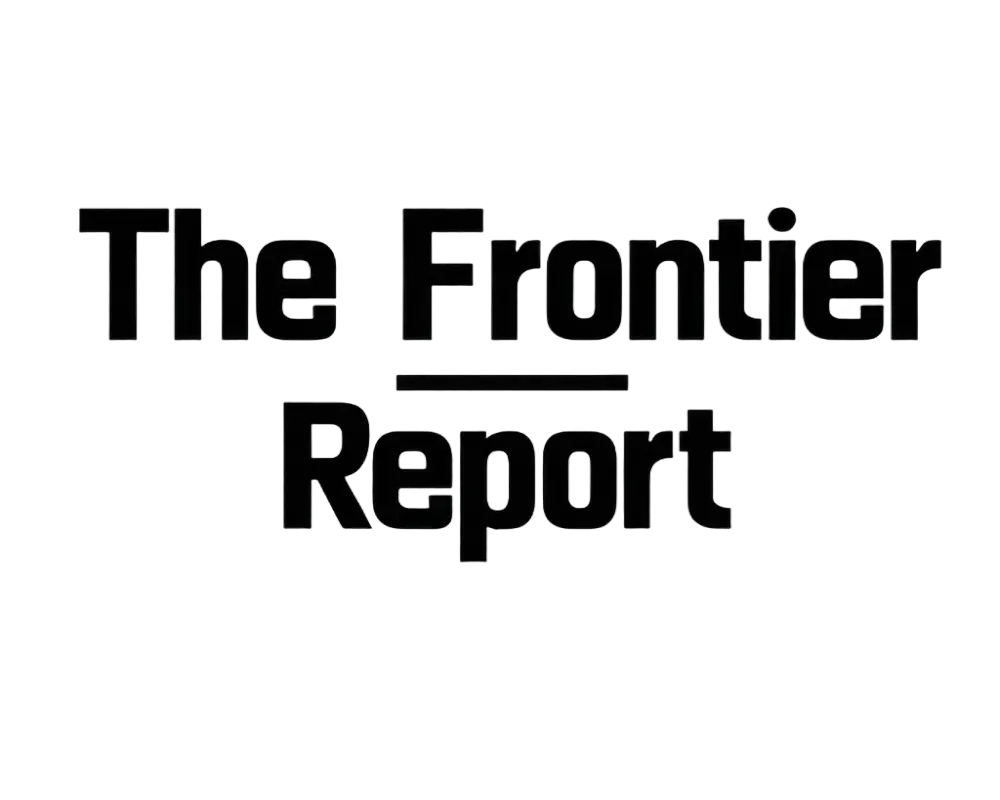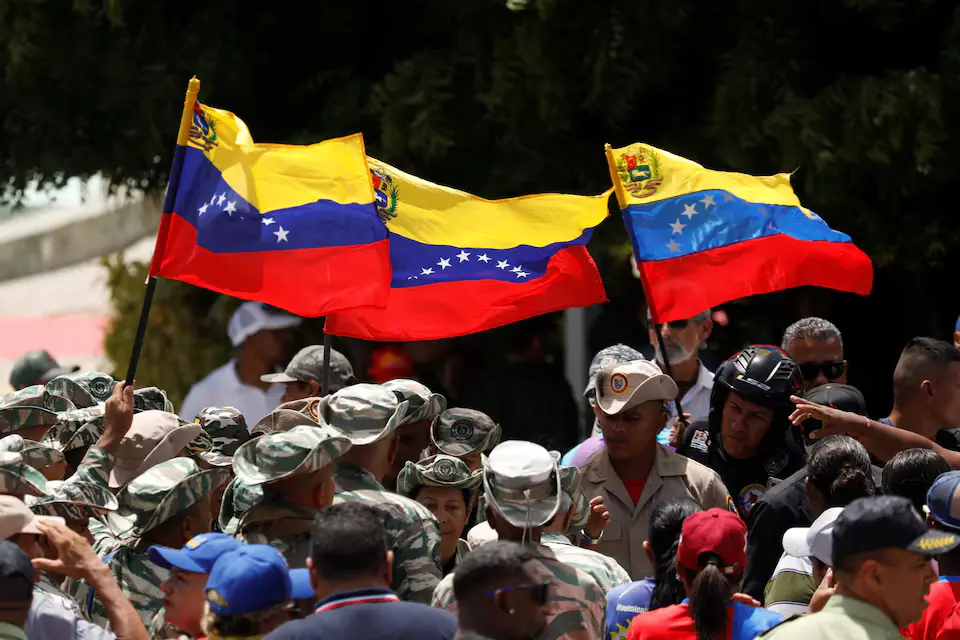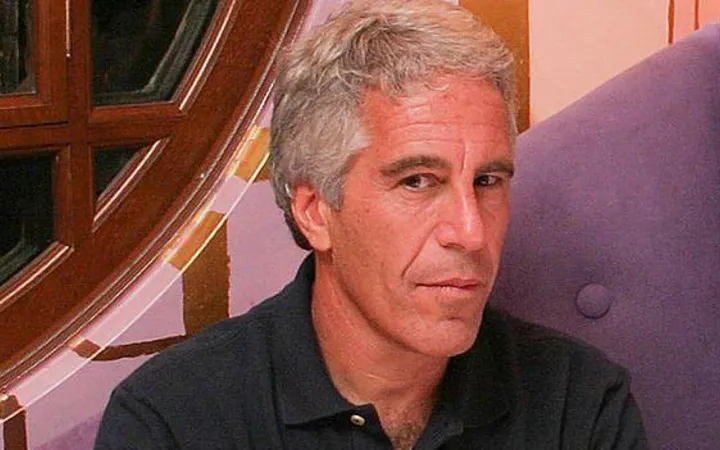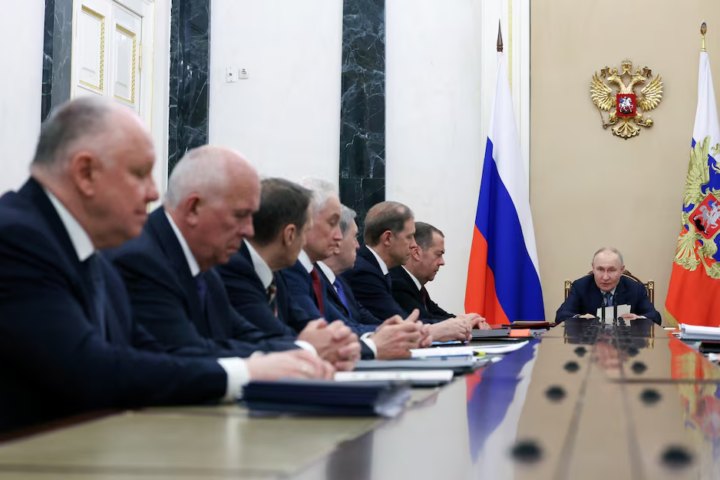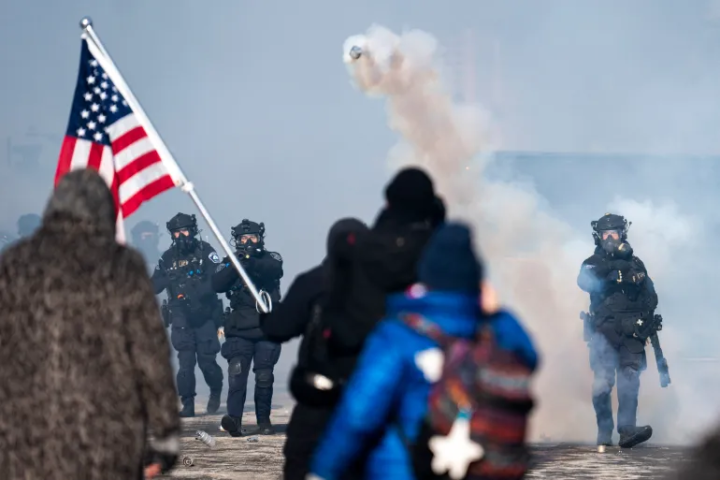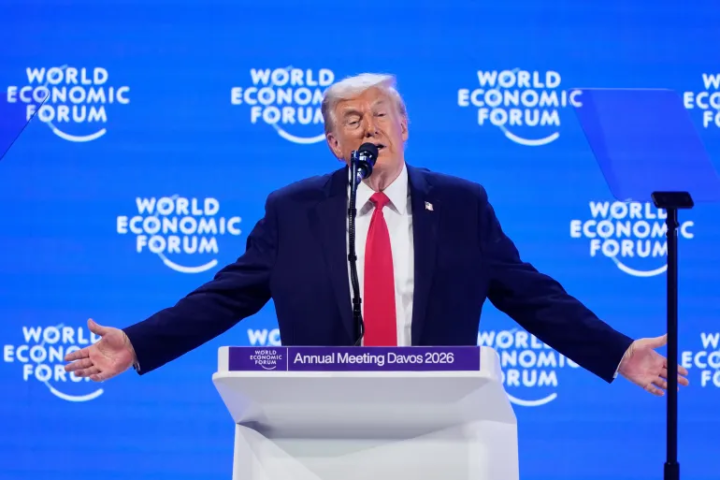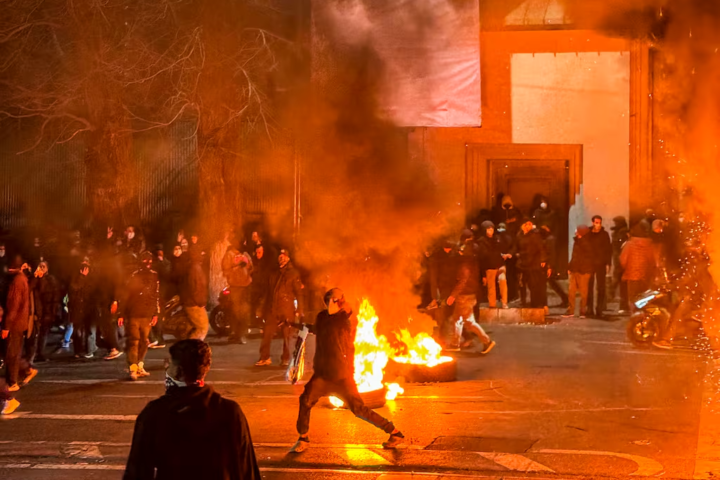President Donald Trump is weighing U.S. military strikes inside Venezuela, targeting cartels accused of flooding the region with narcotics. The idea follows a U.S. attack on a Venezuelan vessel in the southern Caribbean that killed 11. Washington called it a counternarcotics mission. Caracas called it aggression.
For Trump, the move fits his pattern of showing force against criminals and hostile governments. For Venezuela, it looks like something bigger. President Nicolás Maduro accused Washington of hiding behind counternarcotics policy and said any strike would violate sovereignty.
Trump denies aiming for regime change, though he keeps dismissing Venezuela’s elections. Few believe him. In Latin America and Europe, suspicion runs deep that the U.S. wants Maduro gone. The memory of Cold War interventions still lingers.
The U.S. buildup in the Caribbean, framed as an anti-drug campaign, is now seen through a harder lens. What started as interdiction could slide into direct clashes with Venezuelan forces, especially if Trump retaliates for what he calls “provocations.”
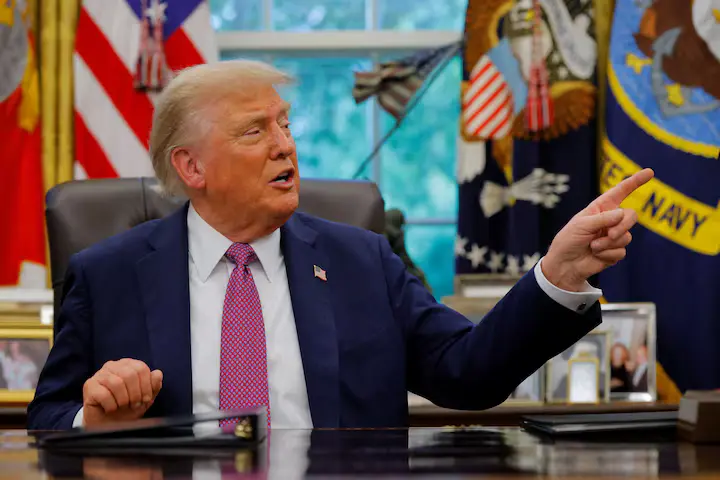
Venezuelan Aircraft Confront U.S. Navy Vessel
The standoff escalated last week when two Venezuelan jets flew close to a U.S. Navy ship. Pentagon officials called it “highly provocative” and said the vessel was in international waters. Caracas said its forces were defending sovereignty from an expanding U.S. presence.
The encounter showed how fast the situation can spin out. Trump warned that if Venezuelan jets buzz U.S. ships again, “they’ll be shot down.” The line leaves little room for retreat. One mistake could trigger open conflict.
Maduro seized the moment to rally support at home. His government urged new enlistments, calling the U.S. a threat. State media framed the fly-by as patriotic defense. For Maduro, battered by economic collapse and isolation, foreign confrontation offers political cover.
The Venezuelan military is stretched but not toothless. Any U.S. strike would likely draw retaliation—either direct fire or guerrilla tactics. Even small clashes could shake shipping lanes and stir unrest across Latin America, where governments remain split on how to handle Maduro.
Risks for the Region and U.S. Strategy
Any strike on Venezuela carries risks far beyond the battlefield. Latin America has resisted U.S. military action for decades. Trump’s threats risk reviving anti-American anger at a time when Washington is chasing cooperation on trade, migration, and security.
Inside Venezuela, an attack could backfire. Leaders under foreign threat often tighten control and silence opposition. For a country already crippled by shortages, hyperinflation, and mass migration, U.S. strikes would deepen the crisis. Millions have fled. More conflict would drive even more across borders, overwhelming neighbors.
For Trump, the gamble has domestic stakes. Talking tough on cartels and hostile regimes appeals to parts of his base. But an armed fight in Latin America could drain money and attention. Military campaigns rarely stay quick or clean, especially in messy spaces where cartels, militias, and governments overlap.
What happens next depends on choices in Washington and Caracas. For now, both sides are pushing harder. More U.S. ships. More Venezuelan fly-bys. More threats. Each step raises the odds of a misstep. A stray missile, a collision, a misunderstood order—any could set off the war both sides claim they don’t want.
The U.S. faces a blunt choice: strike cartels and risk war with a sovereign state, or hold back and get blamed for inaction. Venezuela faces its own test: does standing up to Trump build strength or push the country toward disaster?
What’s clear is this: the region is entering a dangerous stage. The space for diplomacy is closing fast.

